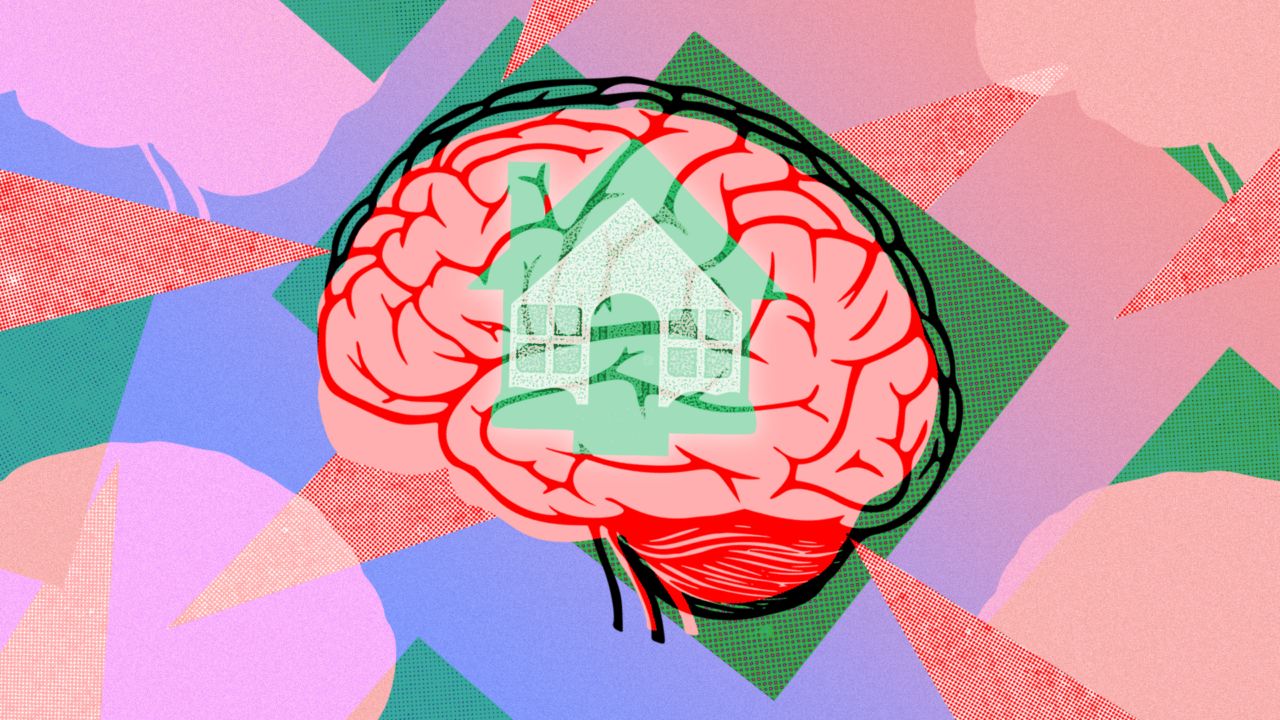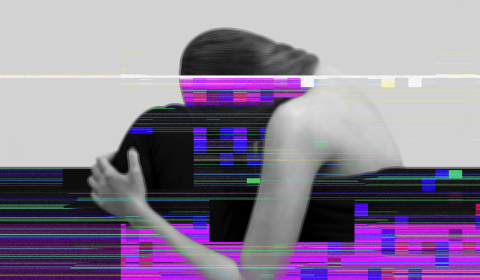Recent advancements in transcranial direct current stimulation (tDCS) offer new, accessible at-home options and change the course for depression treatments.
Depression affects individuals uniquely, with symptoms and underlying causes that vary widely.
For some, depression may stem from biochemical imbalances, while for others, it could be linked to traumatic experiences, environmental factors, or genetic predispositions. This complexity makes a ‘one-size-fits-all’ approach ineffective for many patients.
Research into depression treatment is currently experiencing a surge, driven by the need for more effective and personalized options to address the complexities of this pervasive mental health condition.
Traditional therapies produce varied results depending who you ask. This highlights the subjective nature of treatment, influenced by personal experiences, biological differences, and individual responses to medications or therapies. To achieve the best outcomes, a more accessible approach is needed for each patient.
A recent study published in Nature Medicine detailed a clinical trial that involved 174 patients who were diagnosed with moderate to severe depression. The aim was to explore the effectiveness of using transcranial direct current stimulation (tDCS) when self-administered at home.
tDCS is a non-invasive brain stimulation technique that uses a constant, low-level electric current delivered through electrodes placed on the scalp. This method hopes to modulate neuronal activity in the brain, and its usage has been primarily explored for therapeutic effects in various neuropsychiatric conditions, as in this trial.
According to Cynthia Fu, co-author of the study and a clinical neuroscientist at King’s College London, tDCS utilizes low-level currents to facilitate the firing or discharge of brain cells.
The study found that after ten weeks, those in the active tDCS treatment group showed a 44.9% reduction in depressive symptoms. Additionally, the average improvement in depression scores was 2.27 points higher in the active group.
However, another study done last year showed little to no effect of tDCS on lowering the effects of depression. Not all hope is lost as Frank Padberg, a Ludwig Maximillian University in Munich psychiatrist says that now experts should focus on why tDCS has a varied effect in different populations.
He emphasized the importance of personalizing tDCS treatments, noting that different individuals may require varying dosages, similar to other medical or psychological therapies. As such future studies would allow researchers a peek into the effect of tDCS at the neural circuit level.
Globally, depression is a significant public health concern, affecting approximately 280 million people according to the World Health Organization (WHO). The pandemic has exacerbated mental health issues, leading to a 25% increase in anxiety and depression rates worldwide.




















